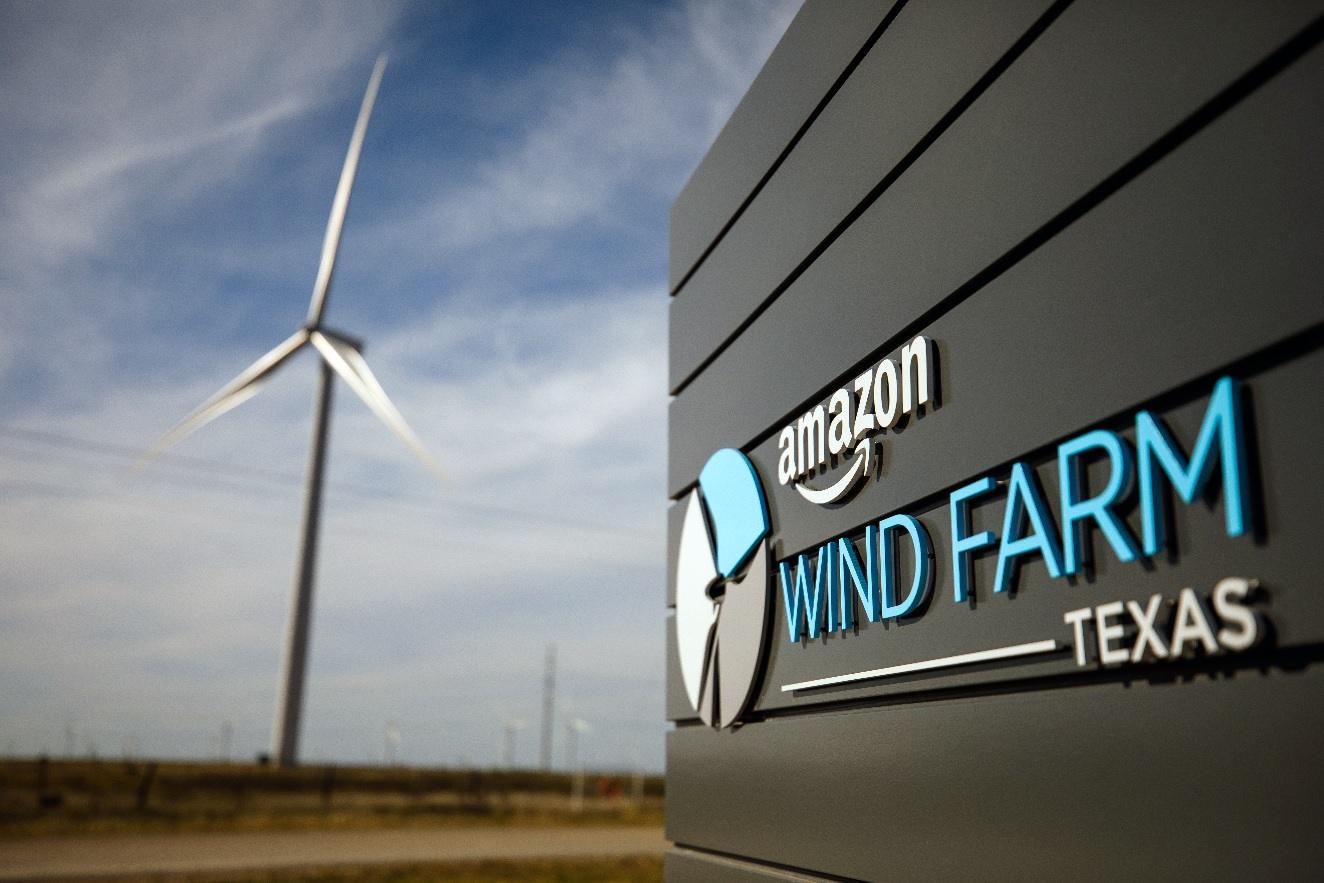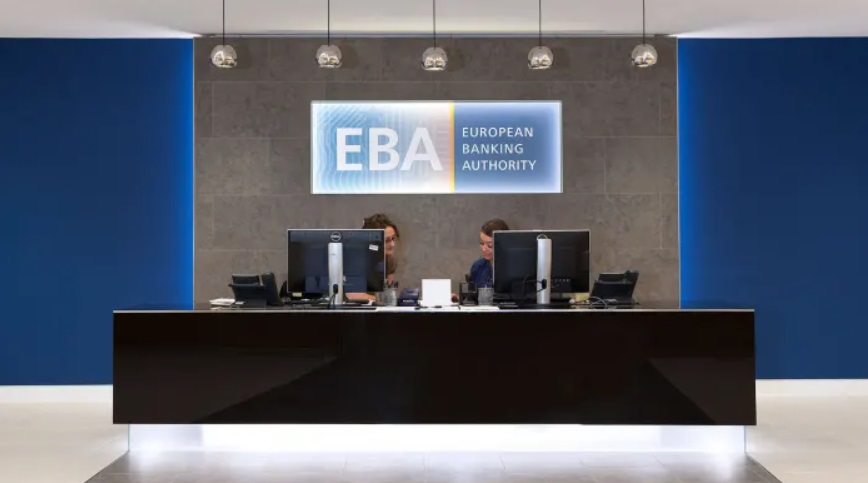BBVA’s Green CoCo Bond Demonstrates Appetite for Risky Sustainable Debt
Spanish bank BBVA issued a unique sustainable finance instrument, the first-ever green contingent convertible (CoCo) bond by a financial institution, worth €1 billion. CoCo bonds are a particularly risky form of bank debt, making them unusual for use in green financing. Despite concerns raised in the press, including an article in the Financial Times, about the green credentials of the bond, the issue was oversubscribed by 3x, indicating strong interest in the new instrument.
Interest from investors was actually stronger than initially predicted, enabling BBVA to lower the coupon on the debt from 6.5% to 6%, with a book drawing 225 orders, with the bulk coming from funds (91%) and banks (6%). Funds with ESG linked criteria represented 44 percent of the amount raised by this issuance, suggesting that many came for the sustainability aspect of the issue, and not just for the high yield.
By geography, the majority of investors are from the U.K. (50%), followed by France (22%).
The bond is being issued under BBVA’s framework for green, social and sustainable bonds, which lays out specific criteria for use of proceeds and reporting. BBVA’s framework states that green bond proceeds must be exclusively applied to finance or re-finance new or existing Green Projects, which correspond to specific SDGs, including energy efficiency, sustainable transport, water, waste management, and renewable energy.
BBVA stated that the funds will be allocated to eligible green assets in BBVA’s portfolio. This portfolio totals €2.6 billion, around 70 percent of which originated between 2018 and 2020. The portfolio consists of diversified assets from different green sectors, covering all of the above-mentioned SDGs.
According to BBVA, the new green CoCo bond reinforces one of the bank’s strategic priorities: “Helping our clients transition toward a sustainable future.” It is also part of BBVA’s pledge to mobilize €100 billion in sustainable finance by 2025. The issuing is allocated toward refinancing the possible early repayment in April 2021 of the AT1 issue (or Additional Tier 1 (AT1) as CoCo bonds are referred to in technical terms), which was launched in 2016.





